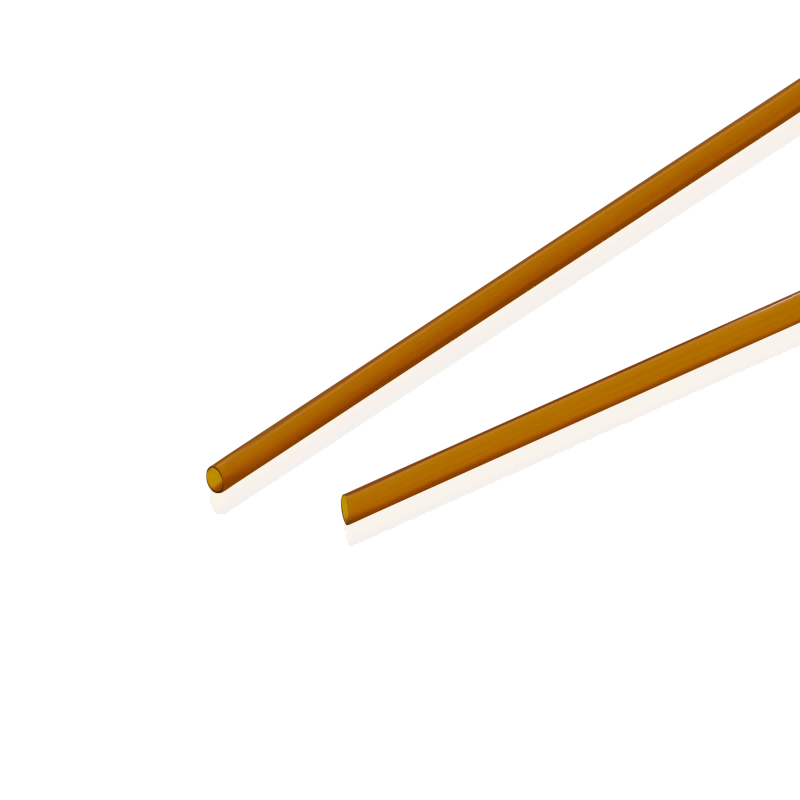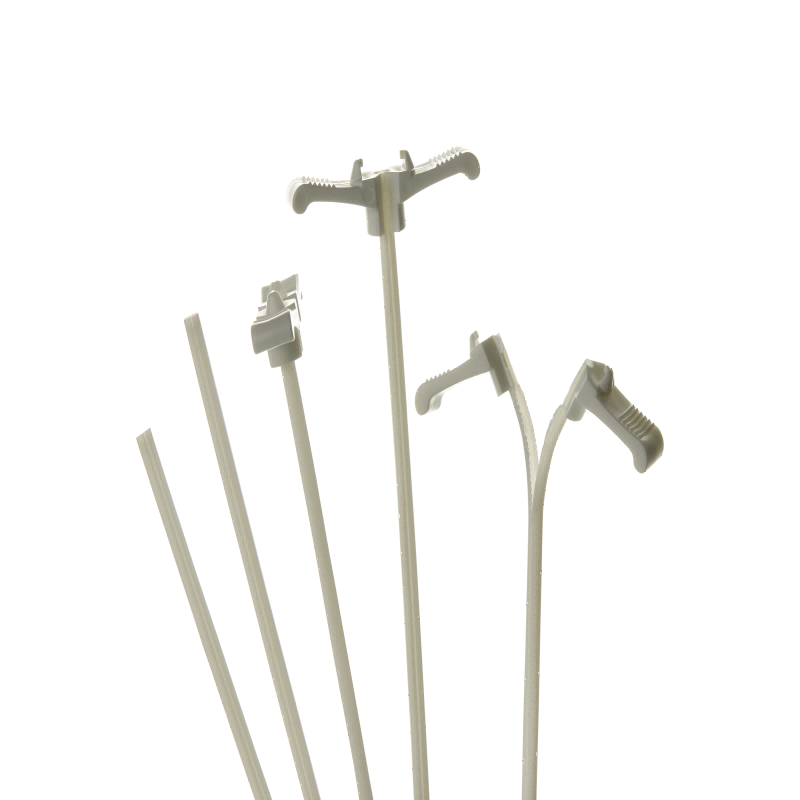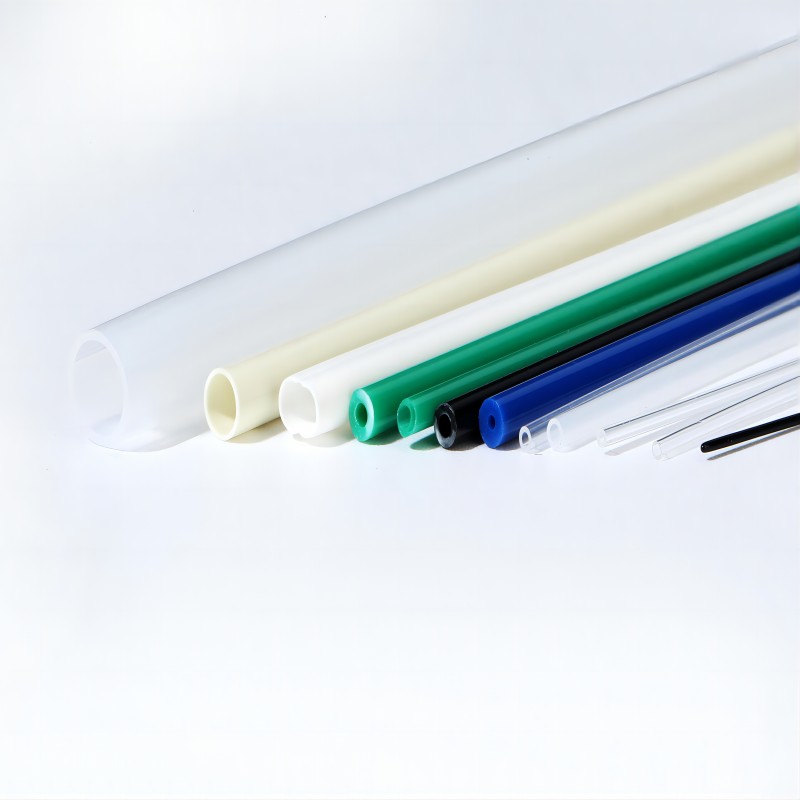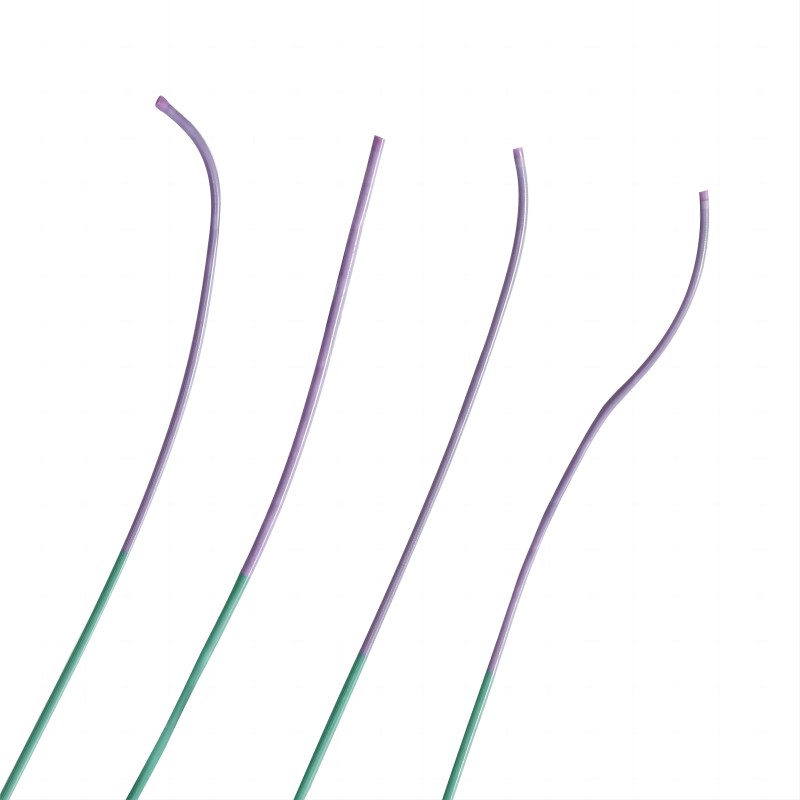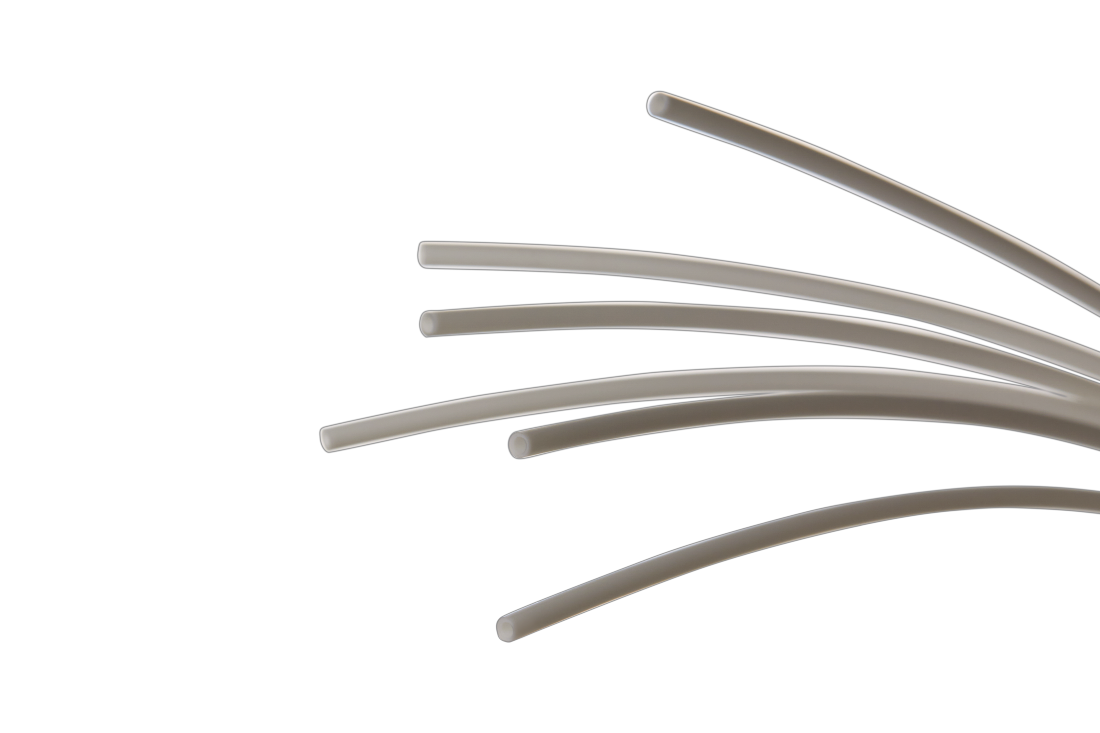PI Tube
The Demax PI Tube is constructed using polyimide (PI), a high-performance polymer known for its excellent mechanical properties and chemical resistance. This tubing is manufactured to meet the stringent standards of the medical industry, ensuring biocompatibility and safety for patient use. It is free from latex, phthalates, and other harmful substances, minimizing the risk of adverse reactions or complications.
| Inner Diamater(mm) | Tube Wall Thickness(mm) |
| 0.010”-0.125” | 0.0005”-0.005” |
- High Flexibility: The PI tube offers high flexibility, allowing for easy manipulation and positioning during medical procedures. It can be bent or twisted without kinking, ensuring smooth fluid flow and optimal performance.
- Excellent Durability: Engineered to withstand the rigors of medical procedures, the PI tube exhibits excellent durability and resistance to deformation. It maintains its structural integrity even under high-pressure conditions, ensuring reliable performance throughout the procedure.
- Chemical Resistance: The tubing is highly resistant to chemicals and solvents commonly used in medical settings, ensuring compatibility with various fluids and medications. This resistance minimizes the risk of degradation or contamination, preserving the purity of the transported fluids.
- Smooth Inner Surface: The tubing features a smooth inner surface, allowing for optimal fluid flow and reducing the risk of obstruction or blockage. This smooth surface minimizes friction and turbulence, ensuring efficient fluid delivery during medical procedures.
- Radiopacity: Radiopaque markers may be incorporated into the tubing, enhancing visibility under fluoroscopy and aiding in the accurate positioning of catheters and guidewires.
The Demax PI Tube finds applications in a wide range of medical procedures, including:
- Intravenous Therapy: Used for the delivery of fluids, medications, and blood products during intravenous (IV) therapy procedures.
- Enteral Feeding: Employed for the delivery of enteral nutrition solutions and medications during enteral feeding procedures.
- Endoscopy: Utilized as part of endoscopic systems for irrigation, suction, and insufflation during gastrointestinal procedures such as gastroscopy and colonoscopy.
- Respiratory Therapy: Used for the delivery of oxygen and other respiratory gases during respiratory therapy procedures, including mechanical ventilation and oxygen therapy.
- Urology Procedures: Employed for the delivery of irrigation fluids and contrast media during urological procedures such as cystoscopy and ureteroscopy.
Related products
-
Peelable Tube
The Demax Peelable Tube is an innovative medical device designed to provide easy and controlled access to catheters and guidewires during medical procedures. Crafted with precision and utilizing advanced materials, this peelable tube offers exceptional performance and reliability, making it an indispensable tool for medical professionals in various clinical settings.
-
PP Tube
The PP Tube is meticulously crafted from high-quality polypropylene, a thermoplastic polymer renowned for its exceptional chemical resistance, durability, and biocompatibility. This composition ensures that the tube is safe for use within the body and can withstand the rigors of medical procedures without compromising patient safety or device performance. Employing state-of-the-art manufacturing techniques, Demax ensures uniformity in dimensions and performance, producing PP Tubes that meet the highest standards of quality and reliability. With Demax’s PP Tubes, healthcare professionals can perform medical procedures with confidence, knowing that they have a dependable and effective tool at their disposal to deliver optimal patient care.
-
Microcatheter
Features:
1. PTFE inner layer allows for smooth passage for embolic agents;
2. Optimal trackability through tortuous anatomy;
3. Available in pre-shaped tip shape configurations for vessel engagement;
4. Four shapes provides more option for clinical usage;
5. 2.0F/2.2F/2.6F/2.8F models are available;
6. Hydrophilic coating technology, smoothly through the lesion. -
Pebax Tube
Pebax tubing is composed of a blend of thermoplastic elastomers, typically consisting of polyether and polyamide segments. This unique composition imparts Pebax tubing with its distinctive combination of flexibility, durability, and biocompatibility, making it an excellent choice for medical tubing applications.
